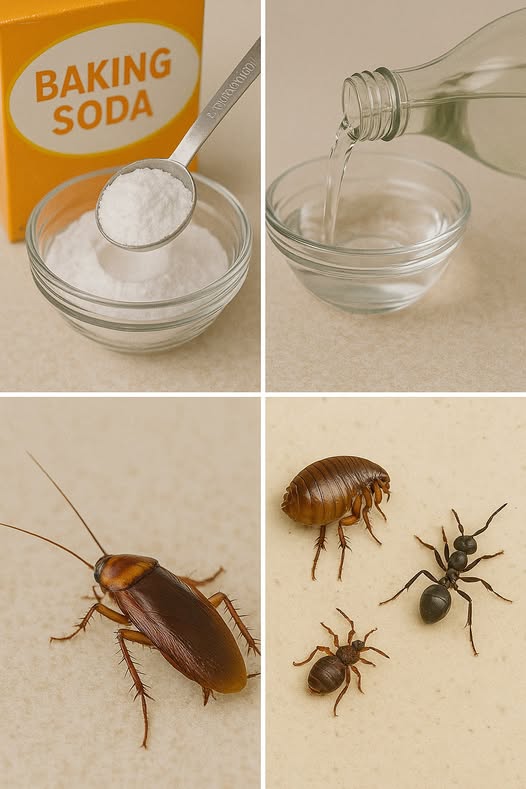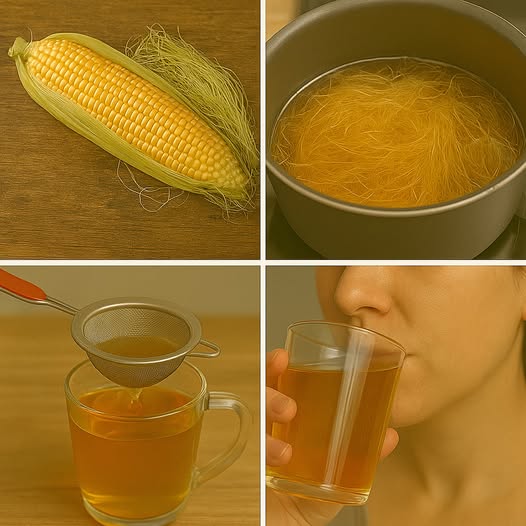Introduction

Your kidneys play a crucial role in maintaining overall health by filtering waste, balancing fluids, and regulating blood pressure. However, certain daily habits can put these vital organs at risk, often without you even realizing it. The worst part? Kidney damage is usually silent until it’s too late. In this blog, we will reveal 12 everyday habits that are harming your kidneys and how you can protect yourself from irreversible damage. Don’t wait for symptoms—start making changes today!
1. Consuming Too Much Salt
Sodium overload increases blood pressure and forces your kidneys to work harder. The American Heart Association recommends limiting sodium intake to 2,300 mg per day, but most people consume nearly double that amount. Reducing processed foods and reading nutrition labels can significantly cut down your salt intake.
FAQ: How does salt affect kidney health?
Excessive salt intake leads to fluid retention and hypertension, both of which strain the kidneys and increase the risk of kidney disease.
2. Not Drinking Enough Water
Dehydration prevents your kidneys from flushing out toxins effectively, leading to kidney stones and other complications. Aim for at least 8 glasses of water daily, more if you live in a hot climate or engage in intense physical activity.
FAQ: How do I know if I’m dehydrated?
Signs include dark urine, dry mouth, fatigue, dizziness, and infrequent urination.
3. Excessive Sugar Intake
High sugar consumption contributes to obesity and diabetes, both of which are leading causes of kidney disease. Cut back on sugary drinks, processed snacks, and hidden sugars found in condiments and dressings.
FAQ: Can artificial sweeteners harm my kidneys?
While research is ongoing, excessive use of artificial sweeteners may negatively impact kidney function over time.
4. Overuse of Painkillers
Nonsteroidal anti-inflammatory drugs (NSAIDs) like ibuprofen and naproxen can reduce kidney function when taken excessively. Always follow the recommended dosage and consult a doctor if you require frequent pain relief.
FAQ: What are safer alternatives to NSAIDs?
Acetaminophen (in moderation), heat therapy, massage, and lifestyle changes can help manage pain with less kidney risk.
5. Ignoring High Blood Pressure
Hypertension damages blood vessels in the kidneys, reducing their ability to filter waste. Monitor your blood pressure regularly and maintain a heart-healthy diet to keep it in check.
FAQ: What foods help lower blood pressure?
Leafy greens, berries, bananas, and fish rich in omega-3 fatty acids can help control hypertension.
6. Holding in Urine Too Long
Frequently delaying urination can increase pressure on the kidneys, potentially leading to infections or kidney stones. Listen to your body’s signals and use the restroom when needed.
FAQ: Can holding in urine cause kidney failure?
While rare, chronic urinary retention can contribute to kidney damage over time.
7. Not Getting Enough Sleep
Poor sleep disrupts kidney function and increases the risk of high blood pressure and diabetes. Aim for 7-9 hours of quality sleep every night.
FAQ: How does sleep deprivation affect kidney health?
Lack of sleep affects hormone regulation, leading to inflammation and increased kidney stress.
8. Consuming Too Much Protein
While protein is essential for muscle repair, excessive amounts—especially from red meat—can strain your kidneys and increase the risk of kidney disease.
FAQ: How much protein is too much?
For most adults, 0.8 grams per kilogram of body weight is sufficient. Those with kidney issues should consume even less.
9. Drinking Too Much Alcohol
Excessive alcohol intake dehydrates the body and increases blood pressure, both of which harm the kidneys over time. Stick to moderate drinking—no more than one drink per day for women and two for men.
FAQ: Can binge drinking cause kidney failure?
Yes, heavy drinking can lead to acute kidney failure, which may require dialysis.
10. Smoking
Smoking reduces blood flow to the kidneys, accelerating kidney disease progression. It also increases the risk of high blood pressure and diabetes, both major kidney disease contributors.
FAQ: How long does it take for kidneys to recover after quitting smoking?
Improvements can begin within weeks, but complete recovery depends on overall health and lifestyle changes.
11. Excessive Caffeine Consumption
Too much caffeine raises blood pressure and increases kidney workload. Limit coffee, energy drinks, and sodas to prevent long-term damage.
FAQ: Is tea safer than coffee for kidneys?
Moderate tea consumption is generally safe, but excessive black tea can contribute to kidney stones.
12. Ignoring Early Symptoms of Kidney Problems
Signs of kidney disease, such as swelling, fatigue, and changes in urination, are often ignored until it’s too late. Regular check-ups and blood tests can help detect problems early.
FAQ: How often should I get my kidneys checked?
Those at risk should get tested annually. If you have diabetes or hypertension, more frequent monitoring is recommended.
Conclusion
Your daily habits play a crucial role in kidney health. By making small but impactful changes—like reducing salt, staying hydrated, and avoiding excessive painkiller use—you can protect your kidneys from silent damage. Start today; your kidneys will thank you later!


